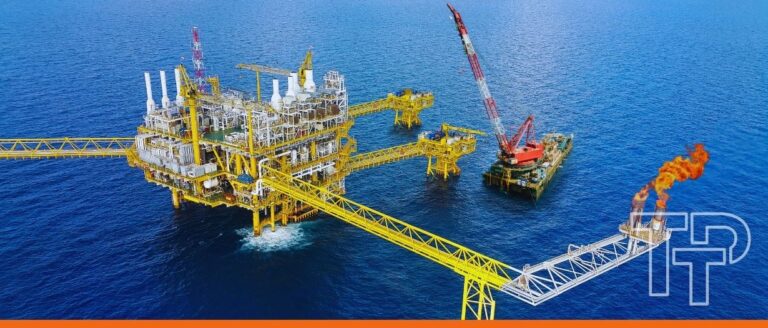New research conducted by Descartes Systems Group and SAPIO Research suggests that businesses that use trade compliance strategically (rather than considering it a regulatory burden) are the ones experiencing the strongest growth.
The global survey found that 39% of high-growth companies now view trade compliance as a competitive advantage, compared to just 22% of firms that share this view and expect limited or no growth.
The findings, released as part of Descartes’ 2024 Trade Compliance Benchmark Survey – which collected responses from 887 trade compliance and supply chain executives across 16 countries, including the US, UK, Germany, China, and Brazil – show a clear link between growth and investment in compliance-enabling technologies.
Among fast-growing firms, 86% recognise technology as fundamental to their strategies – more than double the figure for low- or no-growth firms. Nearly half (47%) of high-growth companies are actively investing in technology to address trade challenges, compared to just 18% of firms experiencing stagnation.
Interestingly, mid-sized firms (i.e., those with 501-1000 employees) are becoming leaders in tech adoption, outpacing even the largest enterprises. Forty-five per cent of mid-sized firms are investing in compliance technology, versus only 29% of companies with more than 50,000 employees.
Resourcing also plays a critical role, with companies projecting growth of 15% or more in the next two years, allocating 33% more staff to compliance activities. Across all segments, 86% of respondents report partially or fully outsourcing compliance tasks.
Jackson Wood, Director of Industry Strategy at Descartes, said, “Given the volatility of today’s trade landscape – marked by tariffs, sanctions, and regulatory flux – effective compliance is becoming a strategic differentiator. Leading companies are not just meeting regulatory obligations – they’re using compliance to build resilience and unlock new market opportunities.”
The most impactful compliance regime is the Export Administration Regulations (EAR), being cited by 50% of survey respondents. Other contenders for the title include the OFAC Sanctions (41%), EU Dual-Use Regulation (27%) and the International Traffic in Arms Regulations (ITAR) (26%).



